Articles and guides from Taking Care
Read articles and guides with expert advice and tips encourage healthy ageing, covering topics such as health and fitness, finance, elderly care and home safety.
Need help? Call us on 0800 085 7371
The NHS recommends homes are heated to 18 degrees during winter
Jump to section:
1-in-3 elderly people lived in homes that were unhealthily cold last winter, according to a study by Taking Care Personal Alarms.
In response to the findings, we are encouraging friends and family of elderly people to ‘Think H.E.A.T’ and follow simple steps to ensure vulnerable elderly people stay safe and warm this winter.
The NHS recommends that regularly used rooms, such as bedrooms, kitchens and living rooms, should be heated to a minimum of 18 degrees during the winter period.
However, our study revealed an alarming number of homes occupied by vulnerable elderly people are not being heated to this standard – with more than 1-in-3 homes being heated to below NHS recommended temperatures in winter 2023.
Taking Care Sense is an in-home device that monitors room temperature and prompts loved ones and carers if temperatures change to unhealthy levels.
Data from Taking Care Sense devices report that 43% of homes where the devices were installed were heated to below the NHS recommended 18 degrees in January 2023, and 45% of homes were below recommended temperatures in December 2022.
Our elderly monitoring devices are placed in elderly people’s homes to alert loved ones of any changes in lifestyle habits to prompt a wellbeing check.
Cold homes can increase symptoms of various health conditions, as well as increasing the risks of contracting serious health conditions like hypothermia.
To help families of elderly loved ones prepare for the winter, we have released guidance on simple steps people can take now to protect vulnerable elderly relatives ahead of the colder months.
Check they’re getting the support they need at home, such as:
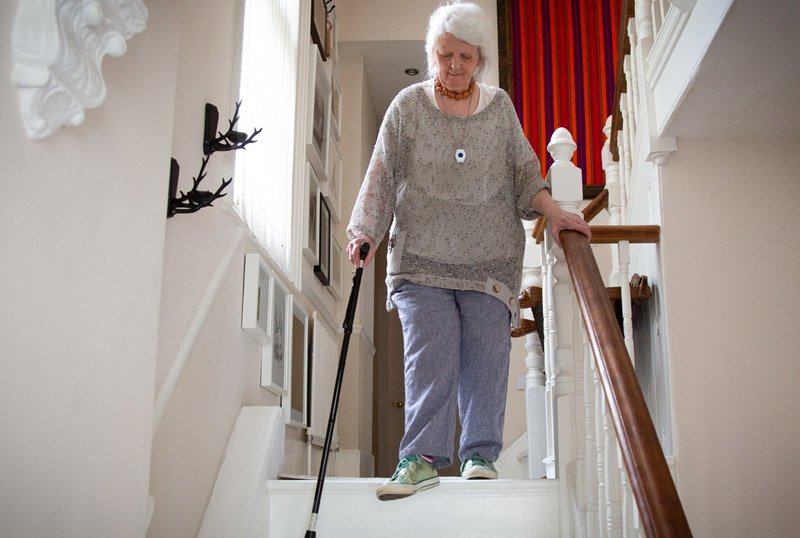
Ensuring they have access to winter essentials by:
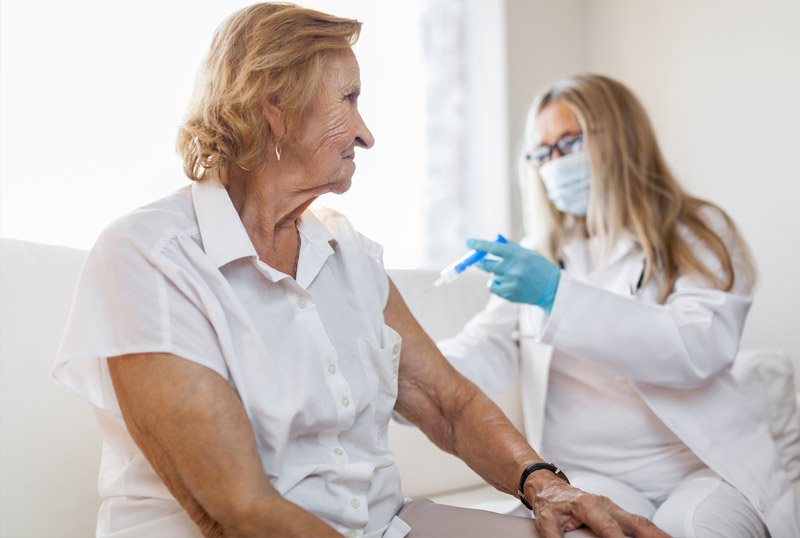
Making sure they’re keeping active in the winter months by:
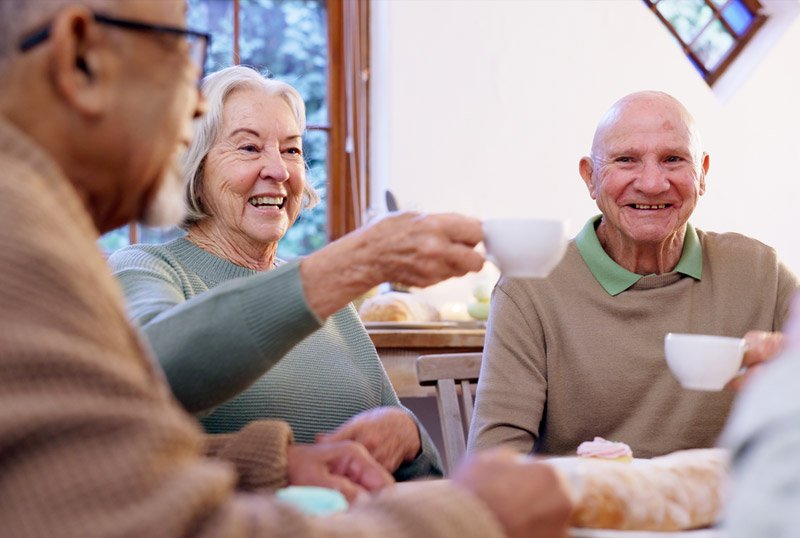
Making sure they’re staying warm by:
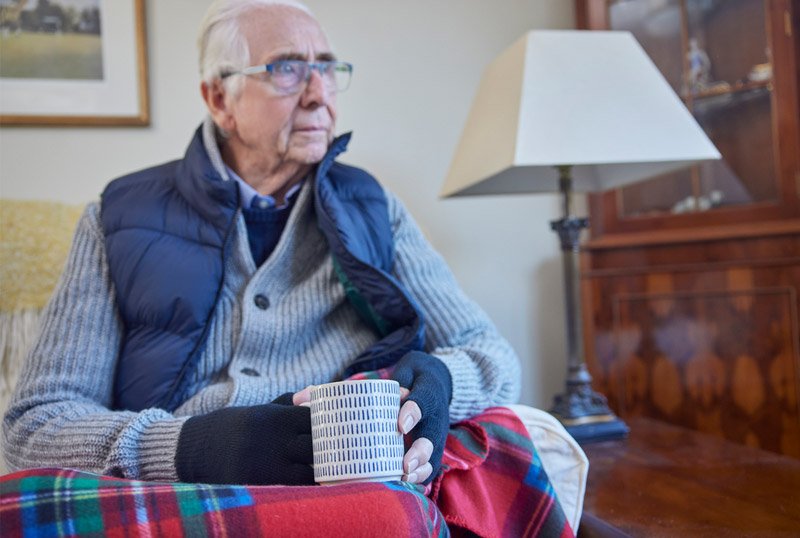
Insufficient heating in the homes of elderly, vulnerable people presents a serious risk through a number of conditions including hypothermia, and can exacerbate existing health issues. In addition, this time of year can see older people become isolated and suffer poor mental health.
This winter will be a worrying time for lots of us with energy costs and changes to the Winter Fuel Payment threatening to push many elderly people into fuel poverty over the next few months.
The Government announced in July 2024 a change to the Winter Fuel Payment eligibility. You could receive a Winter Fuel Payment of £200 if you or your partner have reached State Pension age and also receive a qualifying means-tested benefit. If you are over 80 years old, then the amount you could receive increases to £300.
To be considered eligible you must receive Pension Credit, Universal Credit, Income Support, income-based Jobseeker's Allowance or income-related Employment and Support Allowance, or an award of Child Tax Credit or Working Tax Credit of at least £26 for the tax year 2024-25.
It’s important to note that to be eligible for the Winter Fuel Payment, you must have been born before 22nd September 1958 and lived in the UK for at least one day during the week of 16th to 22nd September 2024 - known as the ‘qualifying week’.
To check if you’re elderly relatives are eligible, visit the government website.
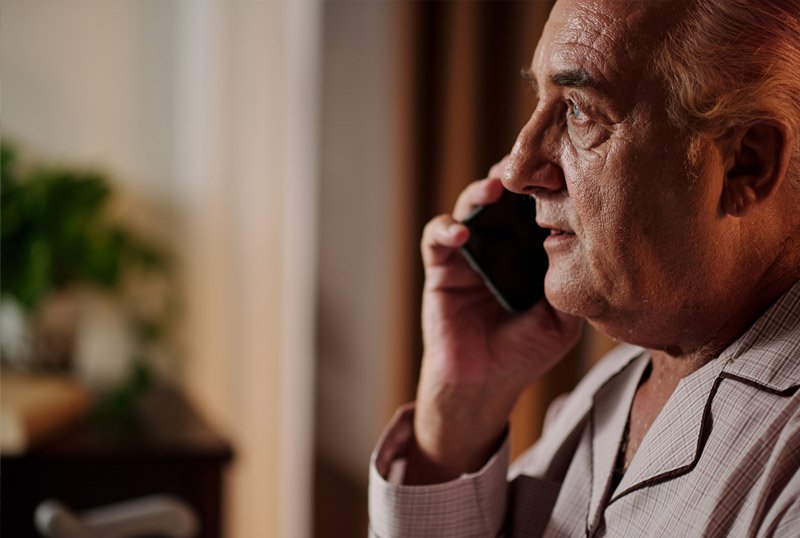
The NHS recommended temperature is a minimum of 18 degrees. This is especially vital for the elderly who have reduced mobility or health conditions.
The winter fuel payment is an entitlement that could get you either £200 or £300 to help you pay your heating bills. The amount depends on your age and you must meet specific eligibility criteria.
You can get a Winter Fuel Payment if you were born before 22nd September 1958, have lived in the UK for at least one day during the week of 16th to 22nd September 2024 and receive a qualifying means-tested benefit. Most people should get the winter fuel payment automatically if they’re eligible.
You should contact your energy supplier if you are struggling to pay your gas or electricity bills. You can discuss ways to pay and your supplier has to help you come to a solution.
You may be able to agree a payment plan or negotiate better rates. Citizens Advice can provide advice and guidance about energy bills and help with how to contact your energy supplier.
There are two schemes that can help. The Energy Company Obligation (ECO) scheme is for those on a low income and provides free loft, roof and cavity wall insulation, as well as new boilers. If you don't qualify for the ECO scheme, you may still qualify for other schemes such as the Home Upgrade Grant and the Warm Homes Nest scheme (Wales only).
The Great British Insulation Scheme also supports improving insulation, although you may need to pay some of the costs. You need to be in council tax band A to D in England, A to E in Scotland and Wales and have a home EPC rating of D or below.
Read articles and guides with expert advice and tips encourage healthy ageing, covering topics such as health and fitness, finance, elderly care and home safety.

Winter brings higher risks for older adults. Identify hazards, especially for those older loved ones who are living alone.

Our new report explores attitudes towards caring for elderly parents and the barriers that adults in the sandwich generation face to accessing care support for their frail relatives.

Download our Staying Connected guide to understand the symptoms of loneliness and address the causes.

If you provide care to elderly friends or family and you’re struggling due to the rising cost of living, this guide may help.

As we age, our health and mobility can limit independence. Finding a balance between helping our elderly loved ones and encouraging their confidence to perform tasks on their own is important.

Caring for an elderly loved one during Christmas can be challenging, but small gestures can make a big difference.
As we get older, we should be able to continue doing the things we love and living life the way we want to. However, ageing can bring feelings of vulnerability and affect activity levels. Our personal alarms can restore confidence, and enhance independent and active living, with the reassurance that help is just a button press away if needed.
Have the freedom to maintain an active lifestyle, with reassurance help is available wherever you are.
An Out-and-About Personal Alarm will also work in your home so you can get help from Taking Care's Emergency Resolution Team any time of the day or night.